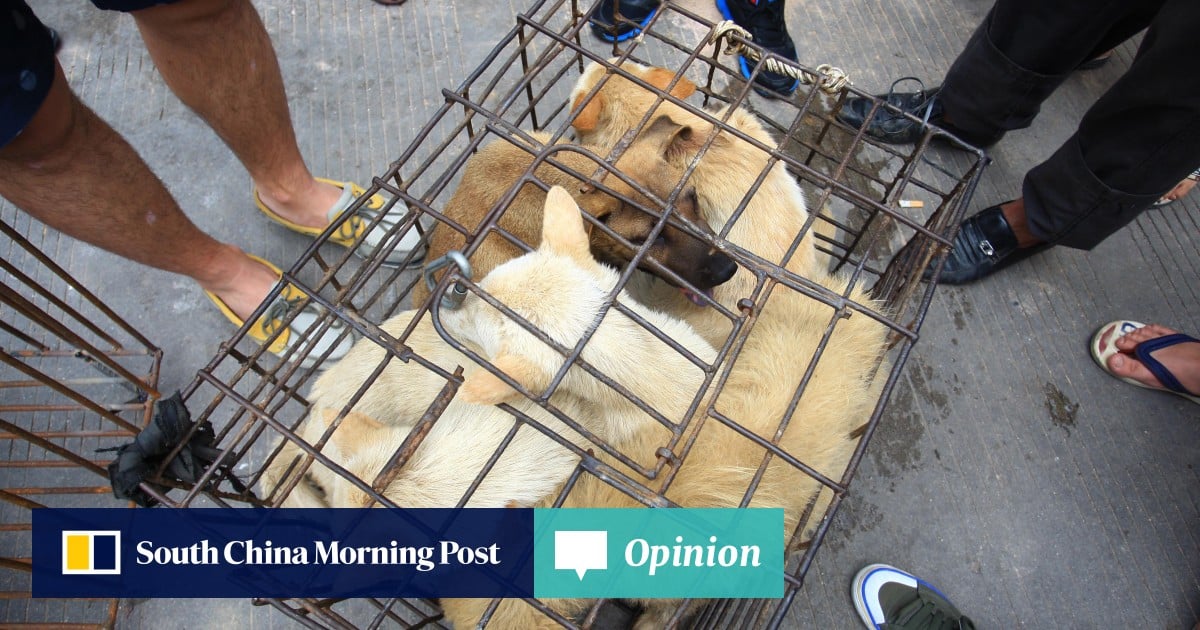Animal cruelty is a pressing issue that transcends geographical boundaries. In China, the grave reality of animal abuse remains largely unchecked due to the absence of comprehensive protection laws. For many, the question of legality surrounding animal cruelty may seem straightforward. Yet, as we delve deeper into this matter, we uncover a complex web of cultural attitudes, legal gaps, and social dynamics that shape the treatment of animals in this vast nation.
Historically, China has not had strong legal frameworks aimed at safeguarding animal welfare. Unlike many countries that have enacted explicit animal protection laws, China’s legal stance on animal cruelty has been characterized by ambiguity. The absence of formal legislation recognizing animals as beings deserving of protection contributes to the perpetuation of abuse. The lack of legal recourse for abused animals fosters an environment where cruelty remains pervasive, often going unpunished.
At its core, animal cruelty encompasses multiple forms of inhumane treatment — from neglect and abandonment to physical abuse and exploitation. In China, cases of dogs and cats being subjected to abhorrent conditions for food, entertainment, or even traditional medicine are disturbingly prevalent. These practices not only reflect societal attitudes toward animals but also highlight the gaps in legal protections that are crucial for their welfare.
With the rise of economic prosperity and urbanization, attitudes toward animals are slowly evolving. Increasing exposure to international norms has sparked a curiosity among the emerging middle class regarding animal rights and welfare. While this shift in perspective is promising, the reality remains stark. The lack of legal accountability means that animal cruelty cases can occur with little to no consequences. It poses a fundamental question about societal values—how much are we willing to prioritize the well-being of vulnerable beings?
The cultural context further complicates the issue. In China, the use of animals for consumption is deeply entrenched in tradition. The controversial Yulin Dog Meat Festival serves as a focal point for global outrage and dialogue on animal rights. Yet, within China, the festival reflects a clash of cultural habits and the burgeoning animal rights movement. Some locals defend the festival as a cultural practice, while others advocate for legislative reforms to improve animal welfare. The interplay of these sentiments illustrates the transformative changes taking place in society.
Legal experts and activists recognize that without established laws addressing animal cruelty, raising awareness and driving reforms becomes a formidable challenge. Recent years have witnessed incremental progress with local governments implementing limited regulations in certain cities. However, these efforts are often piecemeal and lack the enforcement necessary to create real change. For instance, some municipalities have banned the consumption of dogs and cats, but these bans are not uniformly implemented or followed.
As public interest in animal welfare grows, grassroots organizations and international collaboration have become vital agents of change. Movements advocating for animal rights, educational campaigns, and rescue operations work tirelessly to change perceptions and improve conditions for suffering animals. They strive to cultivate empathy within communities, urging people to reconsider their relationship with domestic and wild animals alike.
Perhaps one of the most significant developments in recent years is the growing discourse around animal welfare as a moral imperative. Contemporary discussions at various forums and social media platforms highlight the ethical responsibilities humans have toward animals. This burgeoning awareness underscores the potential for change, sparking curiosity about how shifts in perception could eventually lead to concrete legal reforms. However, the question looms large: Can societal transformation lead to a legislative overhaul that sufficiently protects animals from cruelty?
Despite the challenges, there is hope. The national dialogue on animal rights is expanding. Young people, in particular, are increasingly invested in issues surrounding animal welfare, indicating a generational shift that promises to reshape China’s legal landscape in the future. Collaboration between international NGOs and local activists enhances the exchange of ideas, empowering local voices while drawing attention to global standards of animal care.
It’s essential to recognize that achieving legal protection for animals in China is not simply about enacting new laws; it’s about fostering a cultural metamorphosis that prioritizes compassion over convenience. This transformation requires not only legislative advocacy but an unwavering commitment to educating the populace about the ethical implications of animal cruelty. Promoting empathy and awareness can catalyze a societal shift that eventually compels lawmakers to reevaluate and reform existing legal frameworks.
In conclusion, the legality of animal cruelty in China is enshrouded in complexity. While current gaps in the law permit a landscape rife with inhumane treatment, an evolving culture, spurred by awareness and advocacy, holds promise for future change. As global discourse on animal rights continues to amplify, the imperative for China to align its legal and ethical principles concerning animals becomes ever more apparent. Will the winds of change lead to robust protection laws that revere animal welfare? Only time will tell, but the burgeoning interest in animal rights suggests that a shift in perspective is not only possible but likely.








